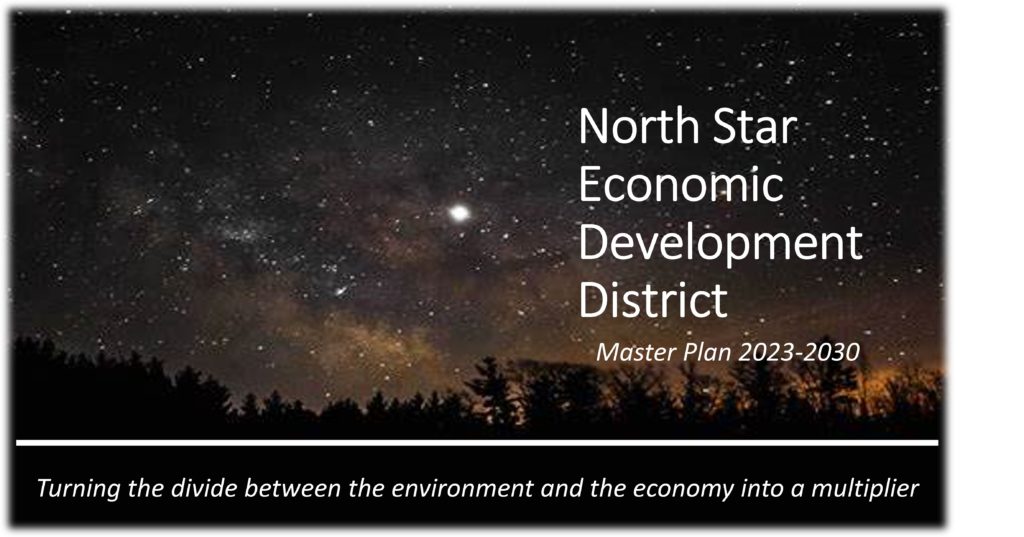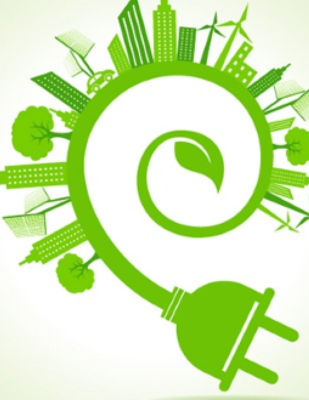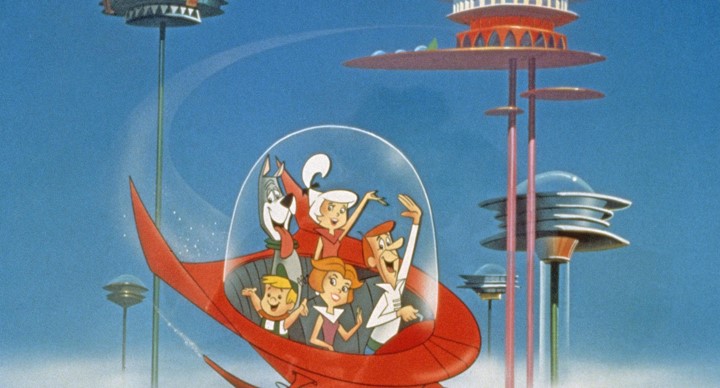
In January, years of conviction, investment, and sacrifice finally started paying off when our small group of dedicated individuals with the Alliance for Reason and Knowledge, ARK, were able to obtain a letter of interest to invest $200Mn into downtown Fairbanks. International developer, and former Fairbanks City Council member Mark Hewitt was brought together with former NFL player and for-purpose real estate developer Garry Gilliam. Together, they have for the last three months assisted us in scoping out a project, navigating the regulations, and working to help bring the city, borough, and state to the table. In March that amount was revised to $500Mn, and the scope expanded to encompass the region in what’s now called, the North Star Economic Development District, or NEDD.
For the last decade, we have been advocates for something positive to come from the Polaris experience. Located in the heart of downtown, built back in the 50’s this concrete mountain is the tallest building in town and for many symbolizes the hay day of the oil pipeline, the life blood of our economy. Like too many things, neglect has allowed hazardous chemicals to leach into the stone and after a decade long battle, the City of Fairbanks is finally in the process of leveling the building. But then what?
This isn’t just a question for the property but the city and the state as well. The extraction of minerals has long been this states legacy but like the oil lamp and Pony Express, the days of the carbon economy are sunsetting and we are left with making the best of what comes next. While some may think that it’s the structure we are hoping to preserve, it is the community at large we are wanting to assist in finding a new way forward. The lot held the history and represented the culture of this town. With a directive for net zero buildings, mixed use development, and a focus on investing in the potential of people to manage innovation (an expected $6.2Bn industry by 2030); along with aerospace, data management, geotourism, and micromanufacturing are the industries needed to meet the needs of the people that doesn’t come at the cost of the planet.
That’s the thing. Under our current system economic wealth has too often come at the expense of environmental health. We didn’t know then what we know now and like all maturing civilizations, we are learning from the past so we can do better in the future. We have new science, new technology, and several clear incentives to build the culture for a new economic model that is based on Nature and how for millennium she has thrived. Unlike gravity, this didn’t “just happen”. What we are collectively experiencing is the long-term consequences of decades of short-term decisions and because its going to take decades more to find a new balance, we need to start making the investment today.
There are a great many things this level of funding can accomplish. It’s not a gift and while we can retain ownership, it comes at a cost that makes the project replicable for other communities. Housing, health care, entertainment, industry, and retail are all possible ways to make use of the space but, for us, the driving questions are relatively simple: where will Fairbanks be in 100 years? How do we ensure for all our citizens equal opportunity? What investments can we make today that will give us the best chance of hitting a target a century into the future?
I’ve always believed the best way to predict the future is to write the script. To the people who call this place home, we have a proven template to start and will be reaching out to all segments and regions in order to develop a localized master plan of self-reliance to guide this investment, and all investments we hope to inspire to follow.


